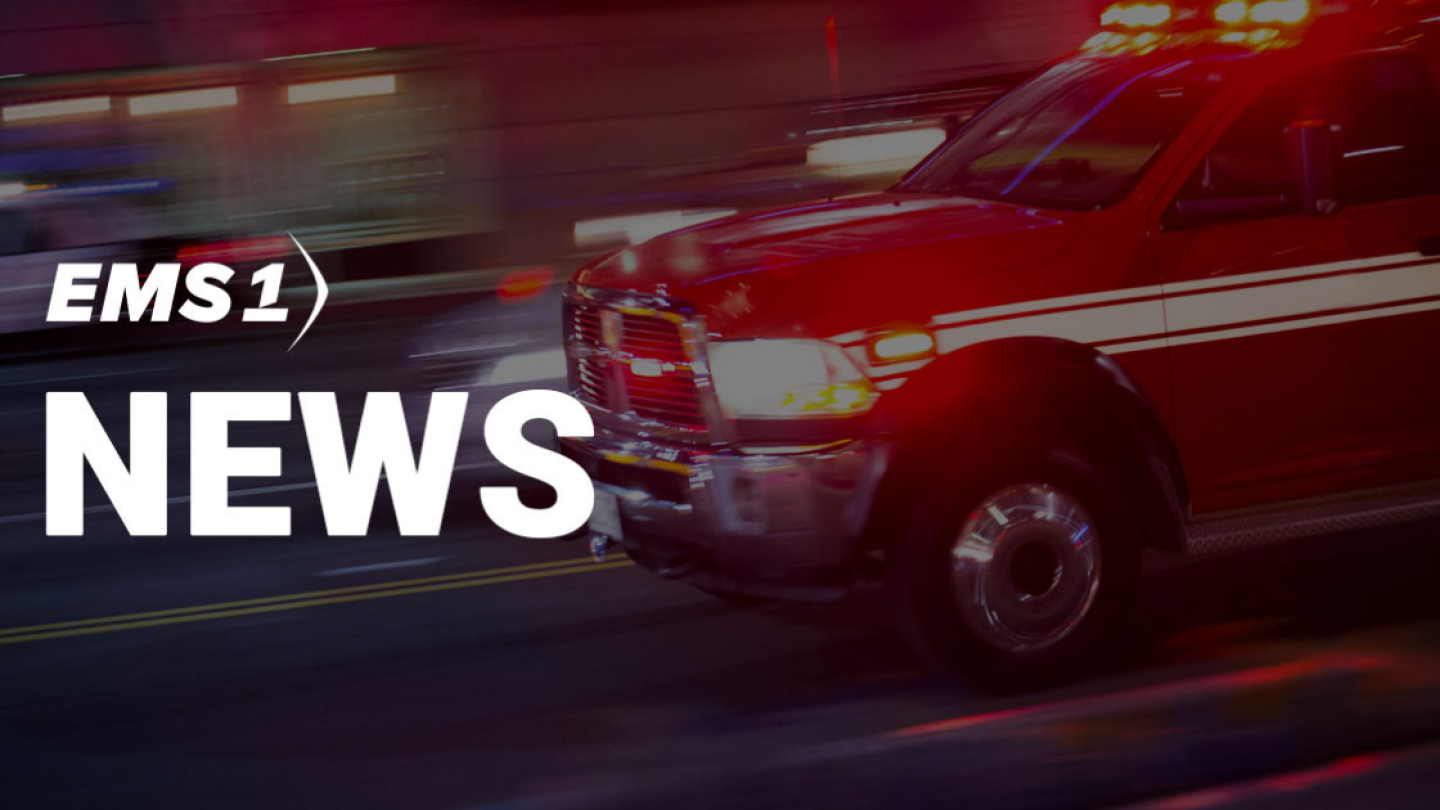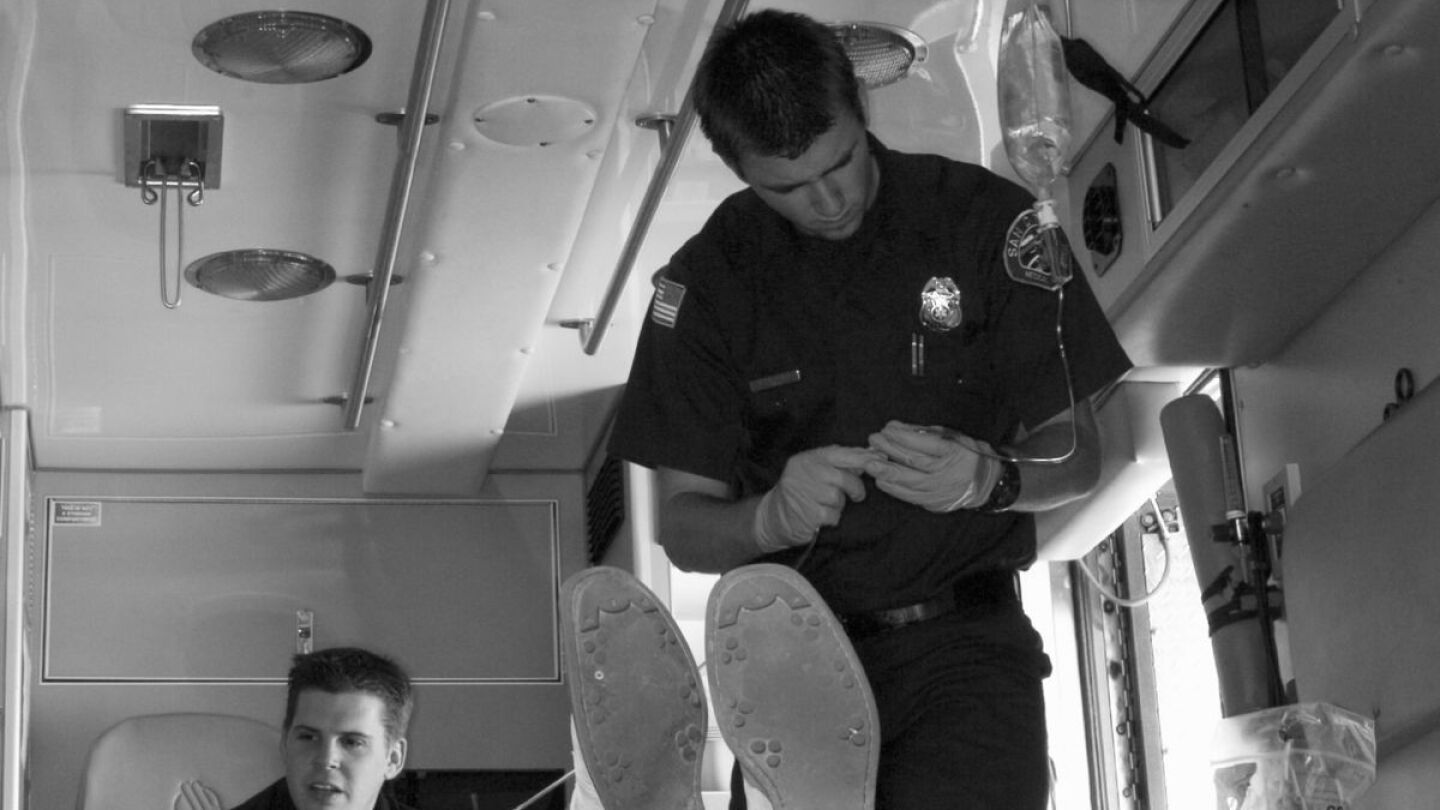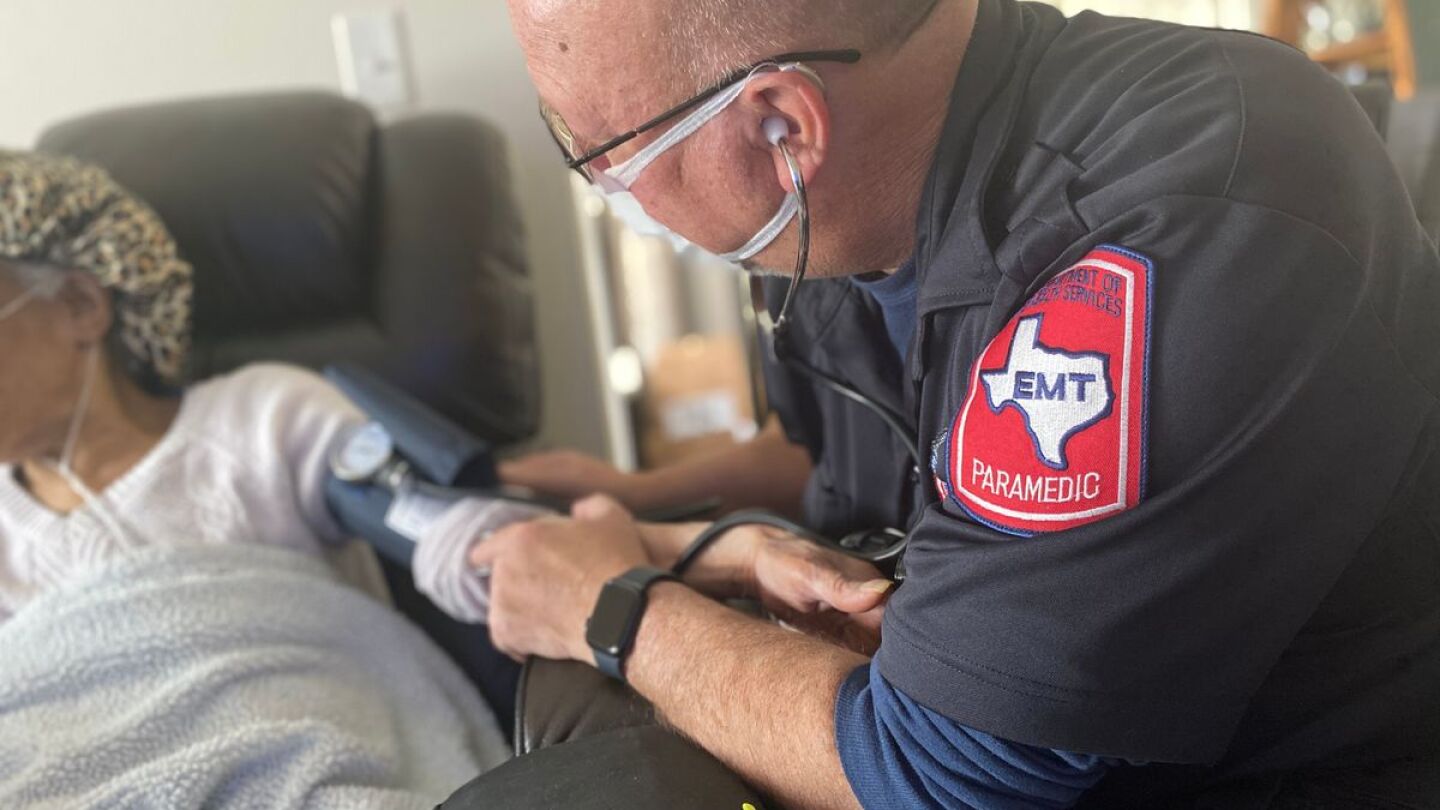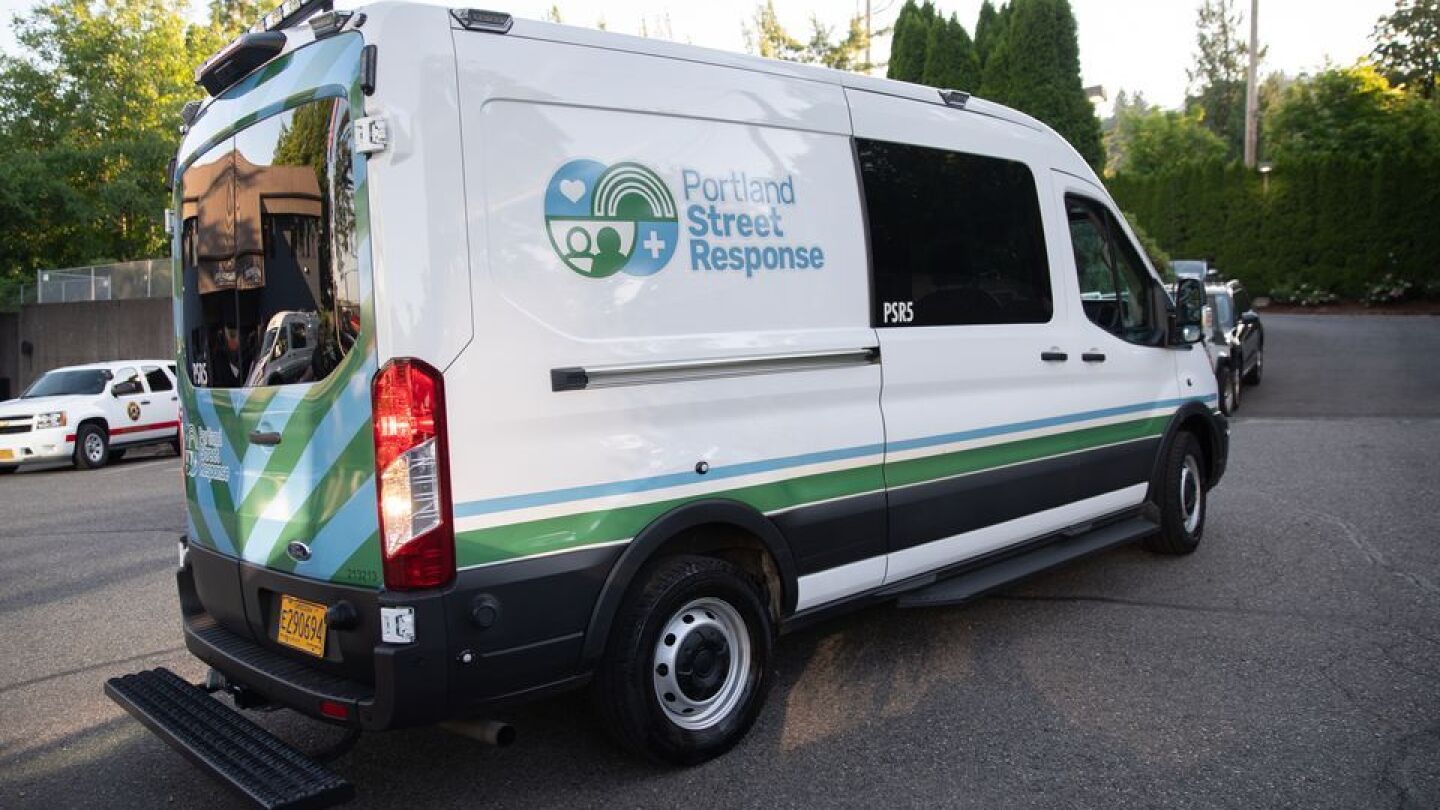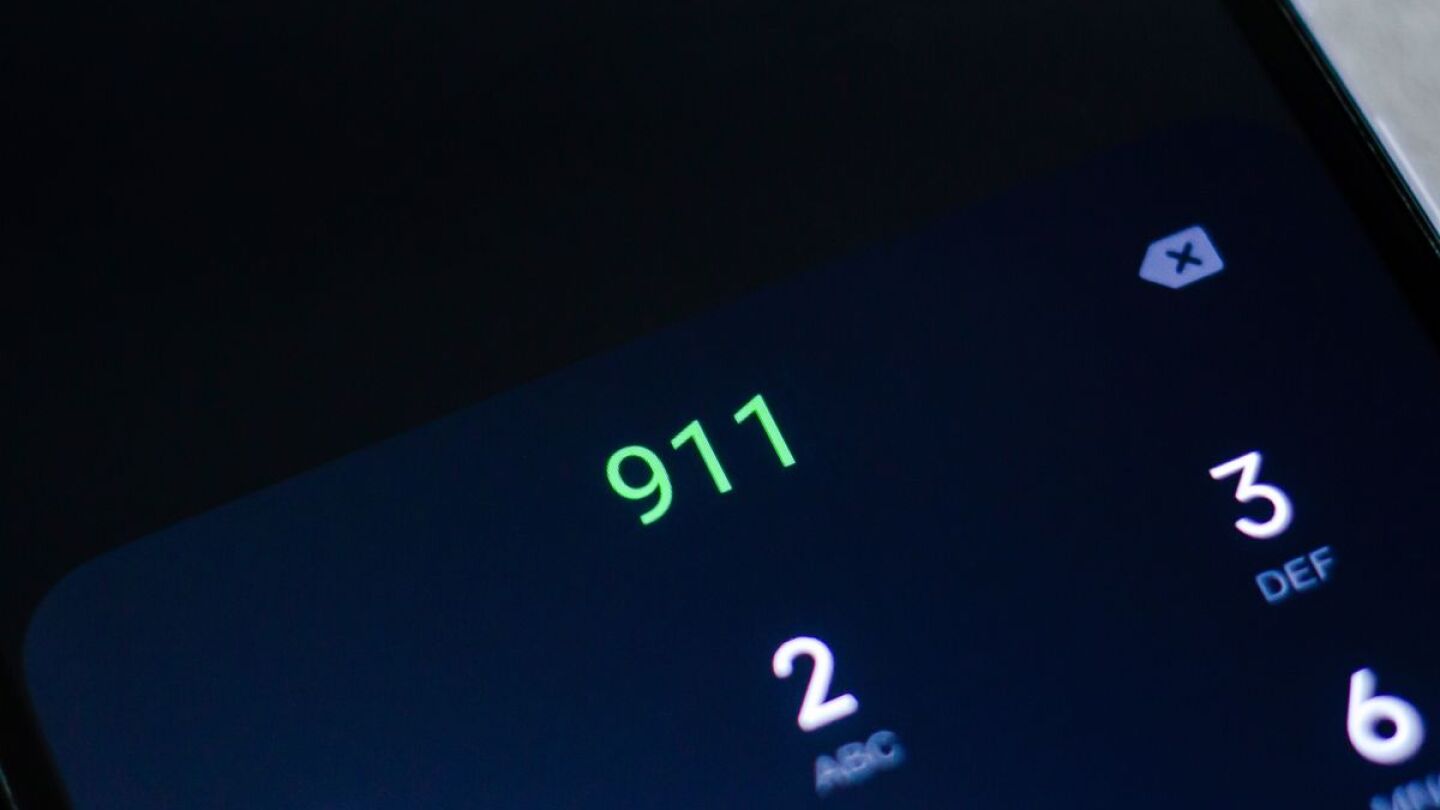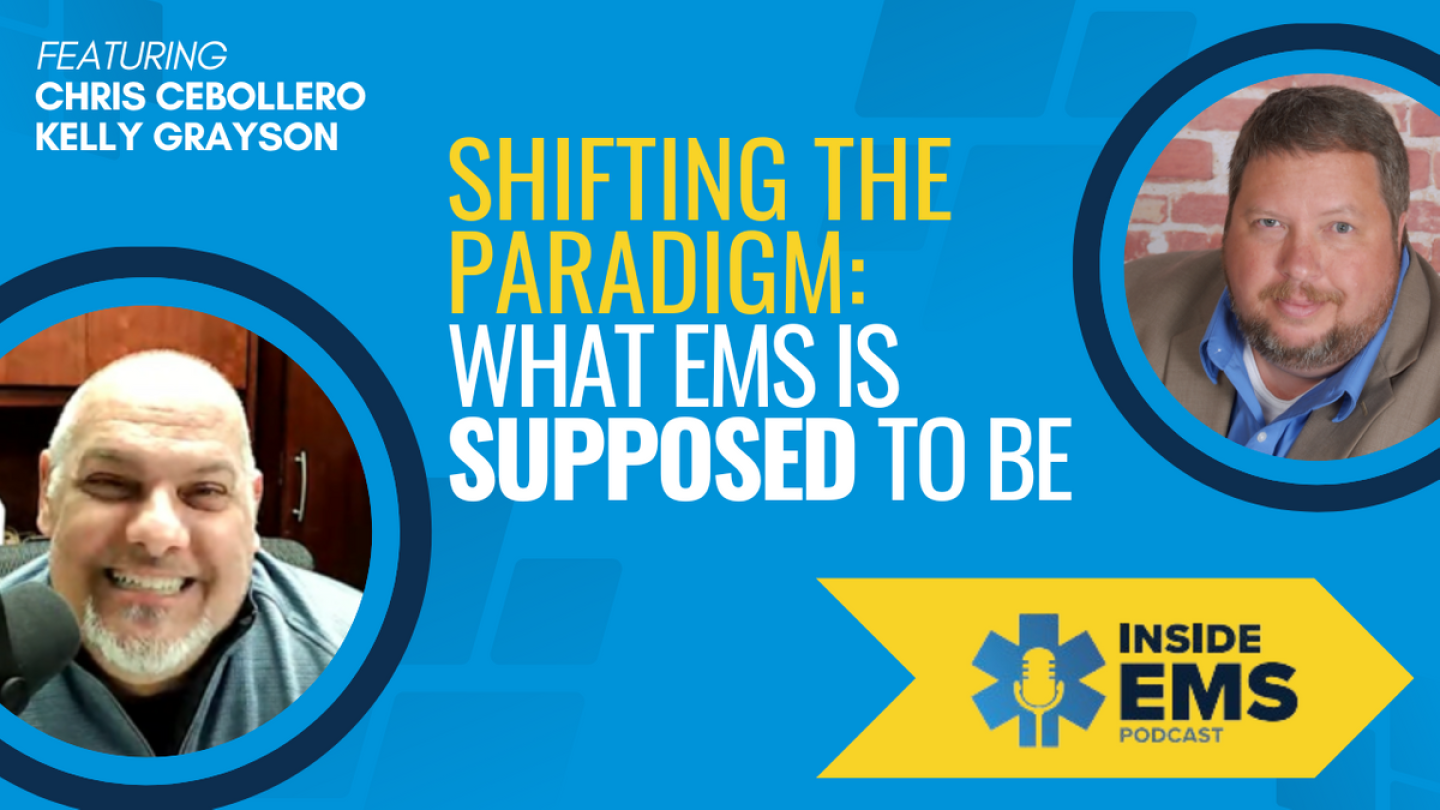Community Paramedicine
Access our Community Paramedicine directory, offering valuable information on innovative models of care that extend the role of paramedics beyond emergency response. This collection includes articles on preventive care, chronic disease management, and partnerships with healthcare providers to deliver comprehensive care in the community. Understanding community paramedicine is key to improving public health and reducing hospital admissions. For more related content, visit our section on Integrated Care. Stay informed and explore the future of EMS with our resources on community paramedicine.
Transitioning to a healthcare system that embraces and reimburses community-based EMS care
Community collaboration, harm reduction models and policy changes can ease the burden on EMS workers and improve patient outcomes
Compare the latest glucometers with cutting-edge features, from fast results to app integration, and find your perfect match today
Delaware County officials look at a pilot program using mental health professionals, certified peer specialists as a fourth emergency service
Assessing and improving community health with the Healthy People 2030 plan
Pioneering patient management and communication tools may be the answer to enhancing provider job satisfaction and combating EMS retention problems
Approximately 1,000 patients have been seen at DocGo clinics outside Dollar General stores since the service started last fall
The Community Assisted Response and Engagement (CARE) department will send civilian responders to calls that do not warrant a police or fire response
The pilot program that launched Health 99 has seen patients overdosing multiple times due to a lack of treatment options
Funding for six new personnel will allow the Naperville Fire Department to expand the Community Advocate Response Team program
Oakland County communities use trained mental health specialists to provide assistance to EMS, law enforcement
An expansion of Medi-Cal funding has helped Clinica Sierra Vista deliver medical care to the homeless population
Initiatives using clinicians and EMTs or paramedics to respond to nonviolent mental health crises are gowing
The graduate degree position in clinical paramedicine is meant to alleviate recruitment and retention losses
Dr. Linda Dykes and Rom Duckworth discuss trans-Atlantic lessons in emergency management
The St. Tammany Fire Protection District pilot program will use a behavioral health center specialist for crisis calls
New Haven’s Elm City Compass supports the work of first responders by sending social workers and people with lived experience to 911 calls
3,100 paramedics weigh in on reducing stress, staffing challenges and leadership shortfalls
City officials released new financial projections and possible spending to improve response times
Portland’s Community Health Assess and Treat program was on the verge of having its funding diverted to the FD
From house calls to heartfelt care: Inside the evolution of a Texas county’s community paramedicine program
Kingston Fire Chief Chris Rea said service pairs an EMT with a mental health specialist to respond to mental health emergencies
Dispatchers in Worcester will determine which calls Community Healthlink teams will be sent to
Mobile Integrated Health in Clark County will focus on reducing non-emergency 911 calls and providing resources for the medically-vulnerable population
Mental Health Services for Clark and Madison Counties is working with firefighters, police officers to get ahead of crises and reduce suicides
Wapello County officials look at supervisors, property tax levy and community paramedicine to fix EMS struggles
For the last two years, the Portland Street Response sent mental health workers and EMTs instead of police to people experiencing a mental health emergency
Monadnock’s Mobile Integrated Healthcare program started in response to the pandemic and is the busiest in the state
Topsham Fire Rescue program will focus on seniors and non-emergency calls
Calif. voters want behavioral health professionals to respond to non-life-threatening 911 calls
Educating the public about when it is appropriate to call EMS – and how quickly we should get there
Bill would prohibit the State Board of Health from requiring a college degree for licensure as a paramedic
Agencies and government officials must evaluate performance expectations and funding to determine appropriate EMS delivery models




